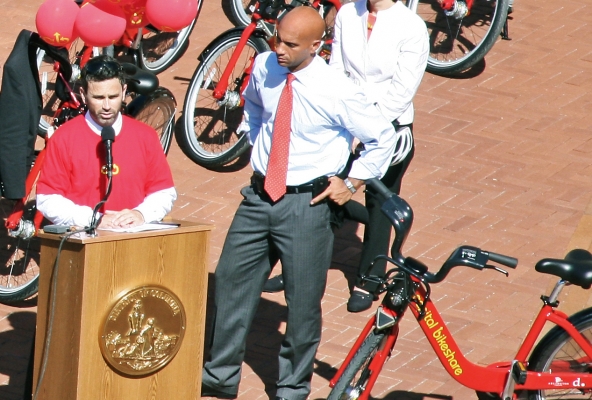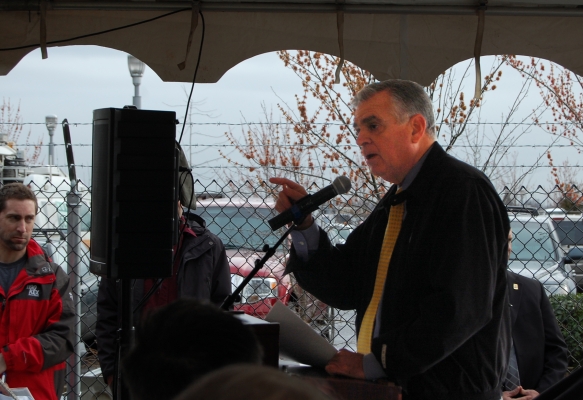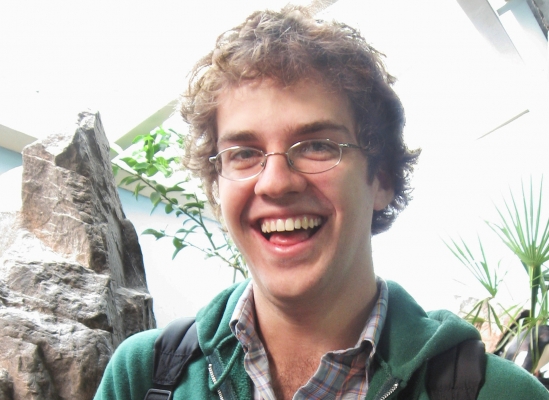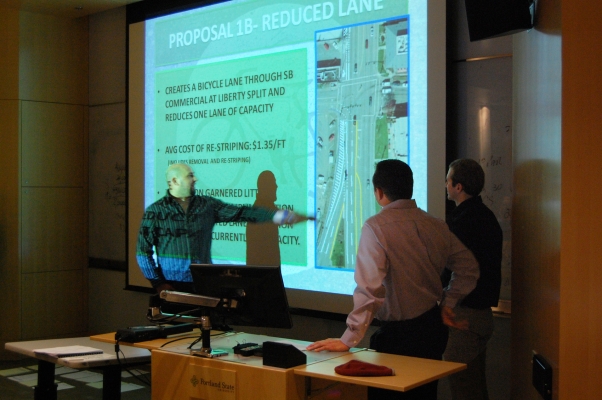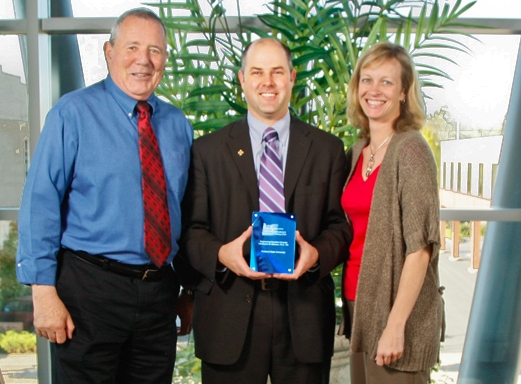For having made his career pursuing creative solutions to transportation problems, Gabe Klein cautions against getting too complex. We already know how to make livable cities, said Klein, the former director of the District (of Columbia) Department of Transportation: get people walking and bicycling.
“The bike is as old as I don’t know what,” Klein said. “But the trend is toward taking an old technology and making it easy to use and secure.”
For the Washington, D.C., area, that has involved bike sharing. The successful Capital Bikeshare program Klein oversaw has made the red rental bikes ubiquitous and taken away many of the excuses people use not to cycle, including parking, maintenance and the inability to bring a bike on long trips.
Klein will discuss his experience with Capital Bikeshare in a free seminar in Portland on Friday, April 8. He’ll work his way up the Willamette Valley Wednesday and Thursday as part of the Sustainable Cities Initiative at the University of Oregon, one of three OTREC initiatives.
Although cyclists must pay for Capital Bikeshare rentals, Klein said he aimed to avoid pricing people out of cycling. “We wanted to price it below any other form of transportation,” he said. “And we wanted to make it...
Read more
